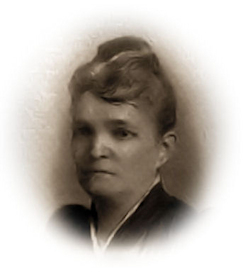New Orleans, Dec. 1, 1860.—I understand it now. Keeping journals is for those who can not, or dare not, speak out. So I shall set up a journal, being only a rather lonely young girl in a very small and hated minority. On my return here in November, after a foreign voyage and absence of many months, I found myself behind in knowledge of the political conflict, but heard the dread sounds of disunion and war muttered in threatening tones. Surely no native-born woman loves her country better than I love America. The blood of one of its revolutionary patriots flows in my veins, and it is the Union for which he pledged his “life, fortune, and sacred honor” that I love, not any divided or special section of it. So I have been reading attentively and seeking light from foreigners and natives on all questions at issue. Living from birth in slave countries, both foreign and American, and passing through one slave insurrection in early childhood, the saddest and also the pleasantest features of slavery have been familiar. If the South goes to war for slavery, slavery is doomed in this country. To say so is like opposing one drop to a roaring torrent. This is a good time to follow St. Paul’s advice that women should refrain from speaking, but they are speaking more than usual and forcing others to speak against their will.
Note: To protect Mrs. Miller’s job as a teacher in post-civil war New Orleans, her diary was published anonymously, edited by G. W. Cable, names were changed and initials were generally used instead of full names—and even the initials differed from the real person’s initials. (Read Dora Richards Miller’s biographical sketch.)
